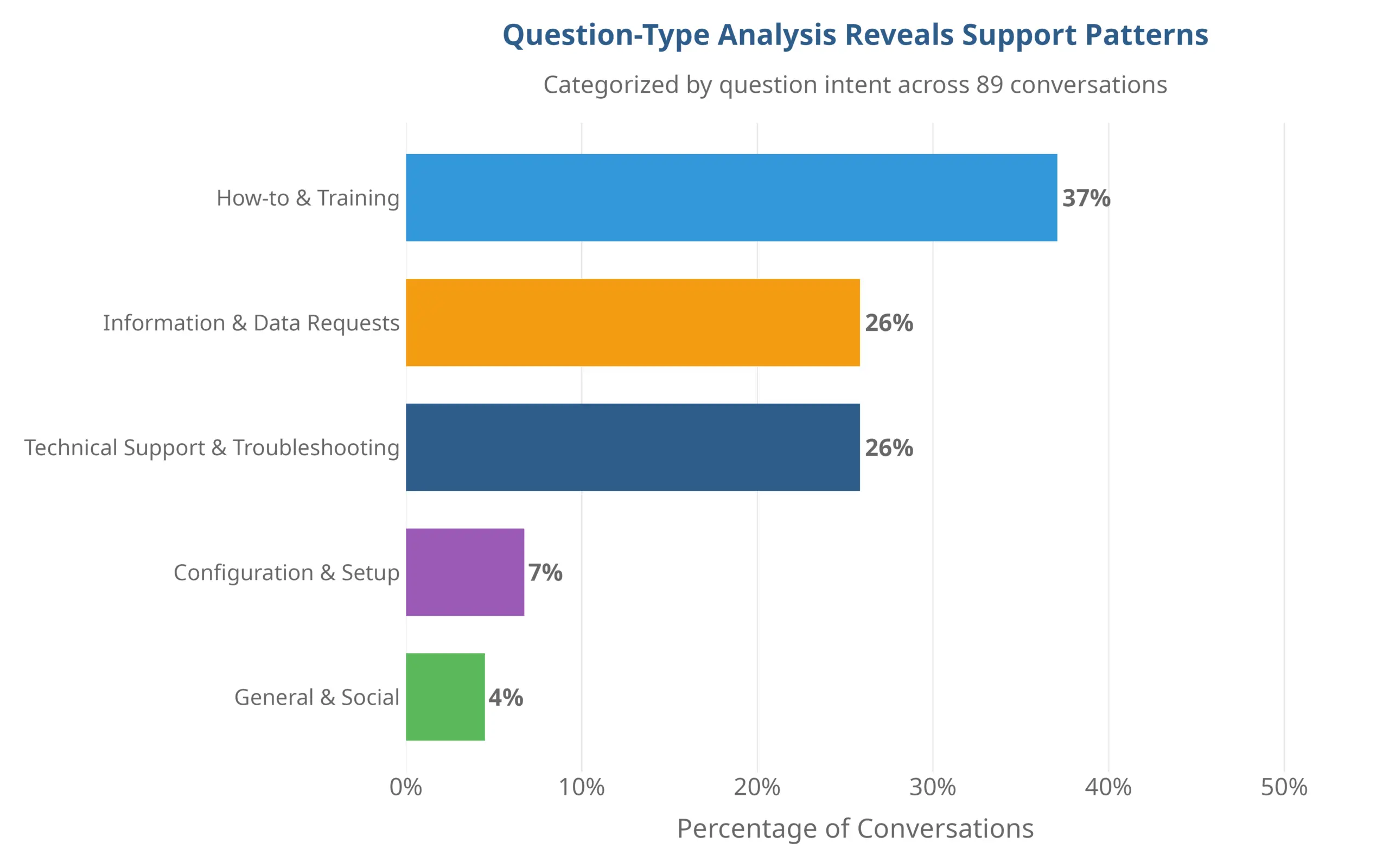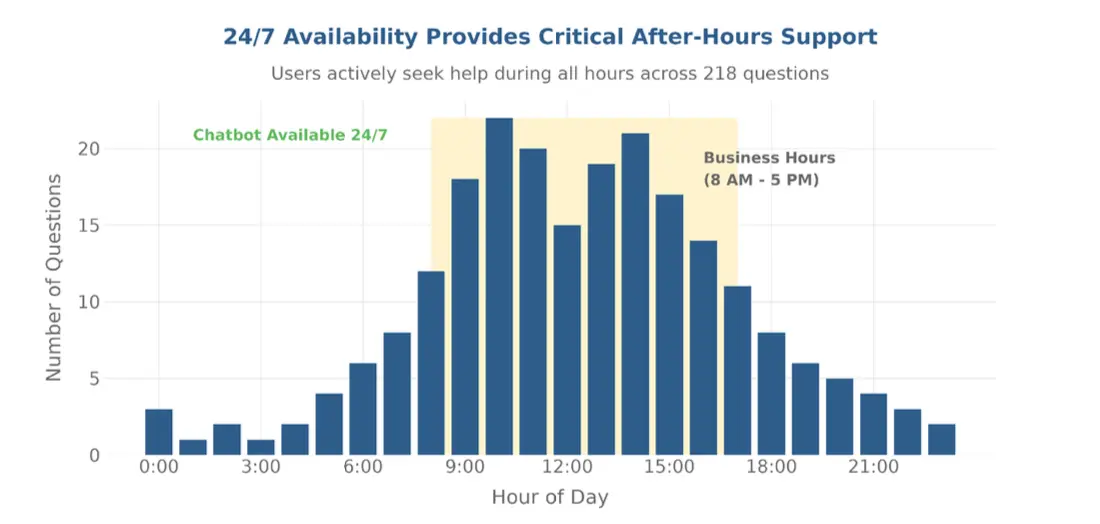Where Real-Time Data Meets Guidance for Health Workers: Evidence from Nexleaf’s AI-Powered Solution
Expensive medical equipment requires maintenance, upkeep, and repair to function well throughout its lifespan. But in many low- and middle-income countries (LMICs), barriers prevent health workers from identifying broken equipment and fixing it quickly. When equipment breaks and stays broken, patient care is compromised.
Even when countries invest in real-time monitoring infrastructure – like Nexleaf’s Coldtrace platform for the vaccine cold chain – frontline health workers often lack the capacity and tools to act on the data and ensure broken vaccine refrigerators get fixed.
How Can Operational AI Help?
Health workers need better tools to help them keep equipment functional and ready to provide patient care. Operational AI, or Op-AI, supports the assets and infrastructure that comprise the health system. In contrast to Clinical AI, Op-AI does not make recommendations about diagnoses or patient care. Instead, Op-AI brings together data streams such as clinic location, equipment registers, device manuals, and Ministry of Health resources (like job guides and training videos), along with real-time data from equipment like vaccine refrigerators and clinic solar panels.
Building on our vaccine cold chain data platform and our close collaborations with Ministries of Health, Nexleaf developed a beta Op-AI platform and deployed it in four countries: Kenya, Malawi, Tanzania, and Pakistan. The conversational AI interface aims to help health workers explore real-time equipment data, including finding out which equipment is not functioning properly and needs attention.
Early evidence shows health workers are eager to access AI tools that help them keep equipment working, strengthening vaccine protection and patient care.
Health Worker Interactions Reveal Robust Potential for Op-AI
Health workers from across all four countries interacted with Nexleaf AI. Several key insights from early user interactions emerged.
Support requests reflect a variety of questions and concerns regarding equipment performance and management, including:

This finding demonstrates health worker demand for easy-to-access information and support at their fingertips. It also shows that Nexleaf AI and other Op-AI tools can help health workers bring together real-time data interpretation, such as whether a specific piece of equipment is functional, with action-oriented information, such as troubleshooting tips.
Health workers also accessed Nexleaf AI during critical off-hours:

This result shows that Op-AI can help health workers address problems with equipment during times of day when regular support, such as calling in a manager or facility technician, are not available.
These are just two of the many preliminary findings that are shaping our continued development of Nexleaf AI. We are continuing to grow our Op-AI collaborations with funders, equipment manufacturers, and Ministries of Health. We look forward to sharing more insights as we expand this work to add more features and roll out to more users.
Our Product Manager Jill Moraa will be at the Global Health Supply Chain Summit in November to present these early findings and more from our Nexleaf AI deployment to support the vaccine cold chain. Thanks also to Tom Mehoke, Nelima Otipa, and Susan Njenga for their contributions to results reporting and data analysis.